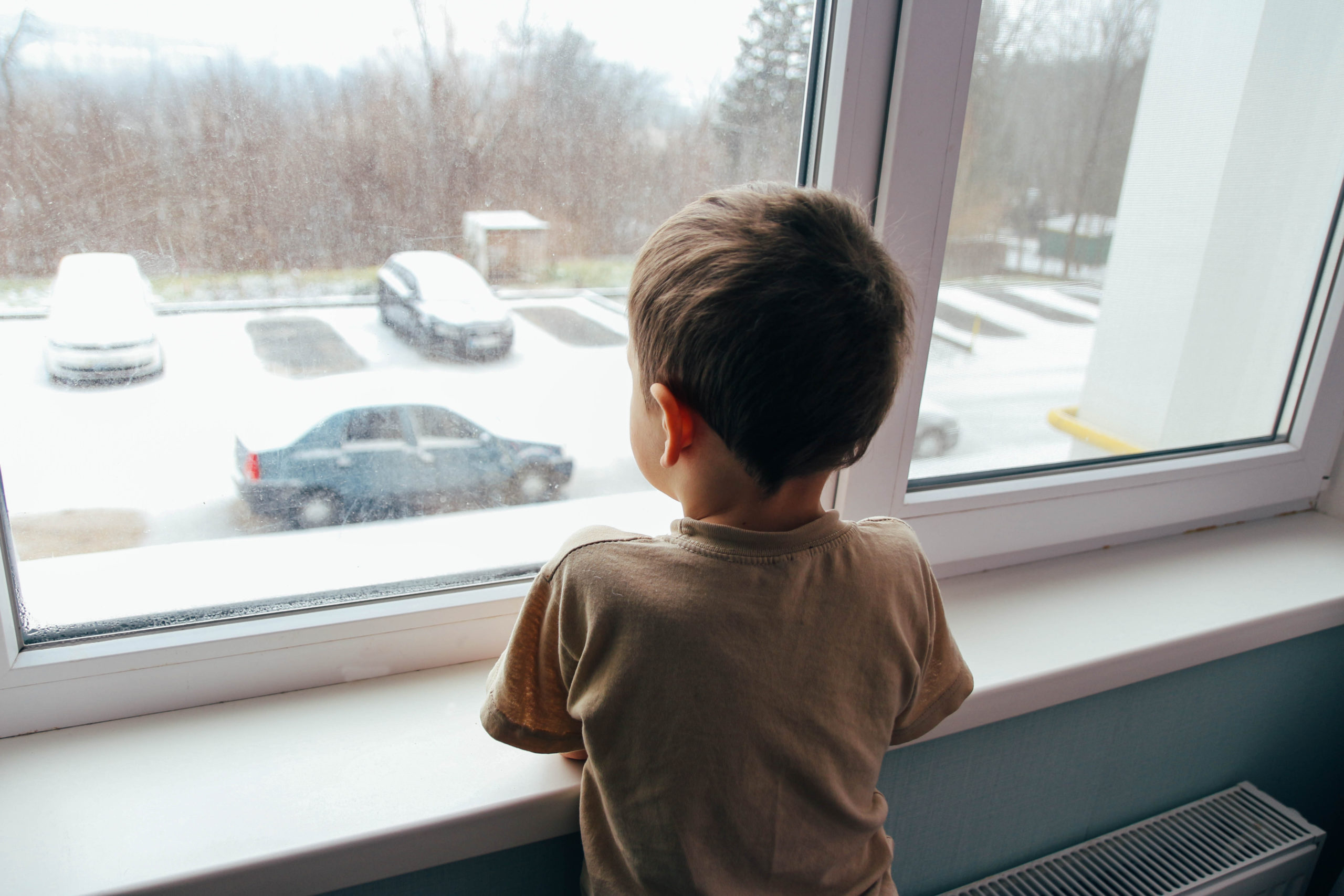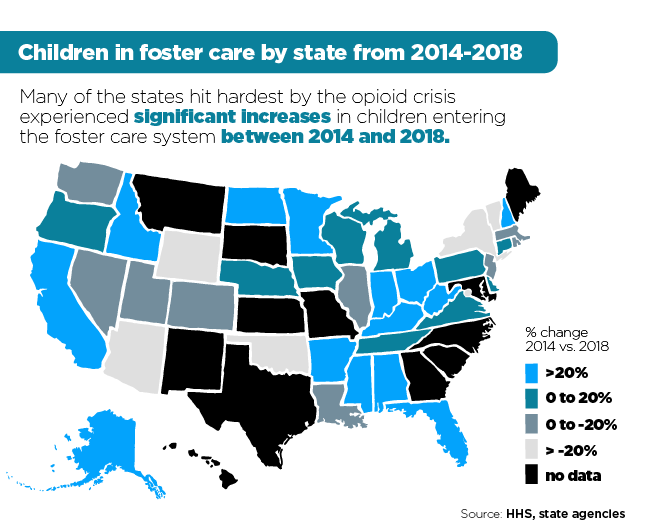There is no doubt that an addiction can cause tremendous damage to a family. Often times, it can lead to parental neglect and force children into the foster care system. Tragically that number is on the rise according to a new article on The Hill, and it’s requiring state officials to re-examine their approach to treating addicted mothers and fathers.
Truth be told, America’s latest foster stats are alarming. In the last four years, U.S. children placed into state care has risen by as much as 30 percent. And it is not surprising to see these increases align with the explosion of America’s opioid epidemic.
“A huge number of children [are] coming into the system now because of parental addiction to opioids,” executive director of the Ohio Family Care Association, Wendi Turner, told The Hill. “Children that are coming into care are staying in care longer because there’s a higher risk of relapse with their parents. I really don’t think our state was prepared.”
Indeed, Ohio happens to be a state hardest hit by the crisis. You can just how significant the national foster care numbers are by looking at the map below.
And in case you didn’t notice, our home state of California is illustrating some significant increases as well.
One of the big issues to consider is how much this type of care will cost taxpayers. Many state budgets are already spread thin, which has led some legislators to to work through alternatives to keep families together.
In Massachusetts, for example, the state has invested in residential treatment programs that allow children to stay with their parents. A local rep actually felt that type of setup could help mothers and fathers complete the recovery process.
“Having the children there will be a motivation for parents to stick to their treatment plan,” Massachusetts’s Office of the Child Advocate rep Maria Mossaides explained. “The hope is, once you’ve finished your treatment and are stable, we can then reintegrate you into your old work and apartment and things that will keep you clean and not create unsafe circumstances for children to be taken away.”
But not every state has the resources available to carry out these types of treatment. And worse yet, there have been reports about shortages of qualified foster parents. Clearly this crisis is creating far more damage than individual addictions. And if more is not done to combat it, we’re fearful that these types of situations will only get worse.








